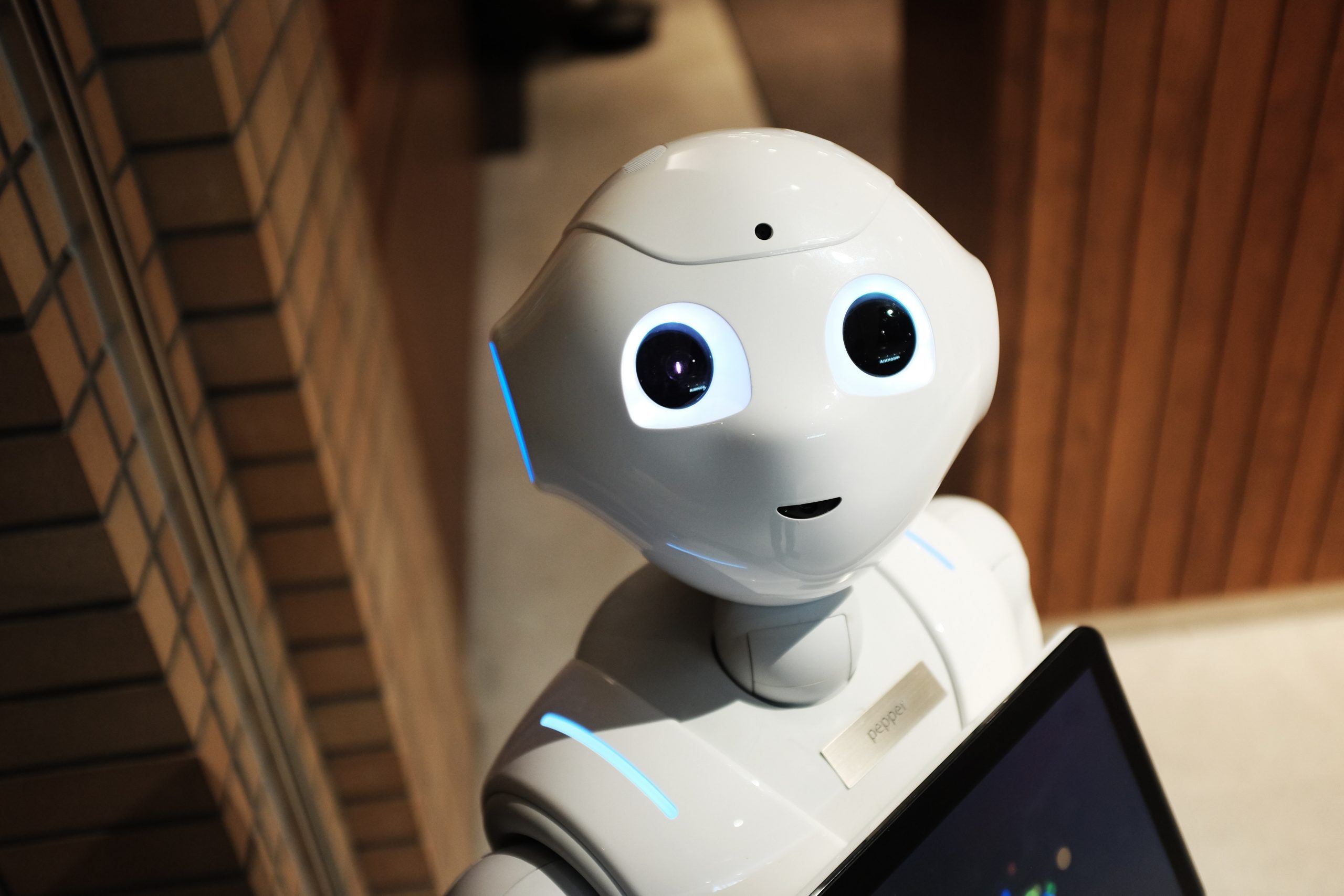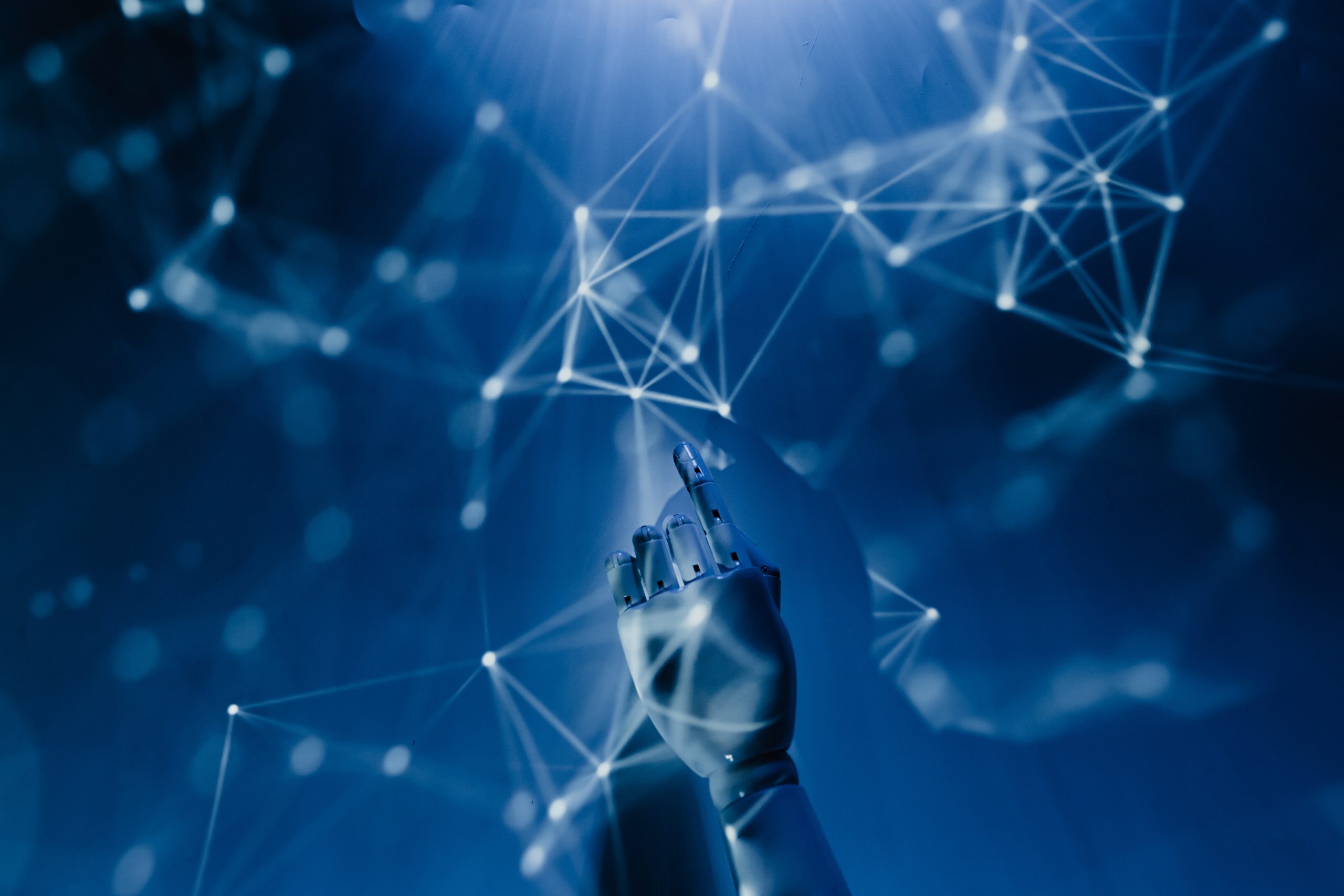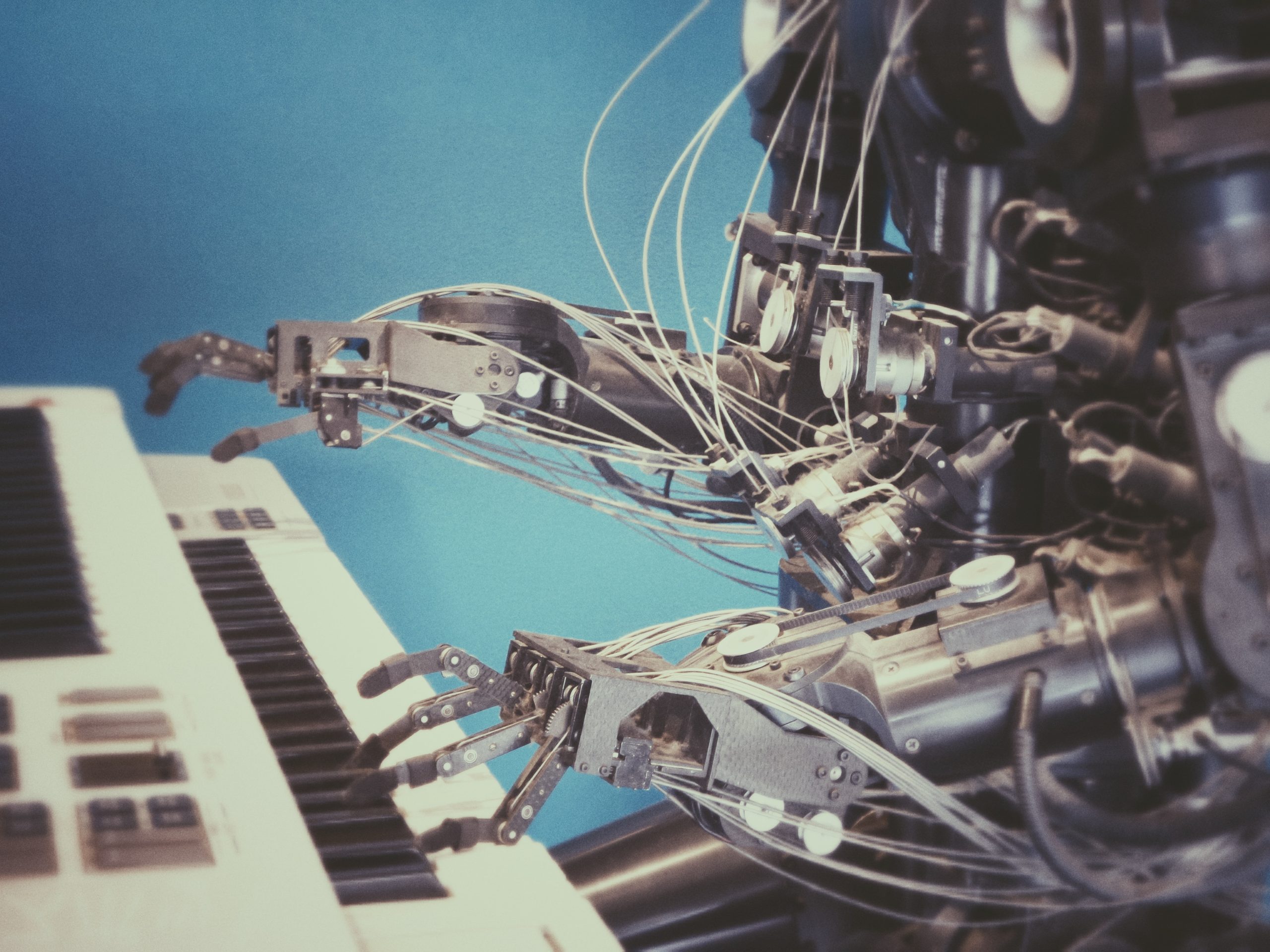The future of Artificial Intelligence (AI) is among the most exciting and rapidly evolving fields in technology. AI has the potential to revolutionize various aspects of our lives, from the way we work to how we interact with each other. In particular, AI has had a profound impact on the way work is done today and will continue to do so in the future. AI is driving new levels of automation, creating smart systems that can improve the efficiency and accuracy of businesses around the world.
 AI and the Future of Work
AI and the Future of Work
The future of work is becoming increasingly powered by Artificial Intelligence (AI). As AI technology continues to become more advanced, its potential applications are becoming increasingly widespread. Already, AI can be found in customer service chats, online search algorithms, and automated job searches. But in the coming years, AI will play an even larger role in how we work and how companies do business.
AI will enable us to automate tedious tasks that would normally require significant manual labor or complex decision-making processes. This could mean a decrease in human labor costs and an increase in efficiency. Companies may also be able to customize their workforce needs by using AI-driven algorithms that tailor job roles to individual skill sets or apply predictive analytics to anticipate customer trends and inform strategic decisions. At the same time, the use of AI raises questions about its implications for employment opportunities for people around the world.
AI in Automation
AI in automation is quickly becoming an invaluable tool for businesses worldwide. Automation, or the use of machines to complete tasks that humans would traditionally do, has been used for decades to improve efficiency and save costs. But with the emergence of Artificial Intelligence (AI), automation is becoming even more powerful and useful.
AI technology can learn from its experiences, adapt to new environments, and make decisions without human intervention. This makes it ideal for automating complex processes and operations that normally require a lot of manual labor. AI-powered robots can be programmed using deep learning algorithms, allowing them to take on more sophisticated tasks than ever before – such as monitoring inventory levels, detecting anomalies in data sets, or controlling automated machinery in factories. With AI at the helm of automation processes, companies can gain unprecedented insights into their operations and make informed decisions quickly. AI assistants can also help you grow your business.
 AI Enhancing Productivity
AI Enhancing Productivity
The 21st century has seen artificial intelligence (AI) emerge as a powerful tool for improving productivity in the workplace. As AI technology advances, organizations are increasingly using it to automate tedious tasks, freeing up employees’ time and energy to focus on more meaningful activities.
AI-driven solutions are being applied across many different sectors of the economy, from financial services and healthcare to manufacturing and retail. In particular, the future of AI is making a significant impact on operational efficiency. Automation and predictive analytics can reduce costs by eliminating unnecessary manual labor and enabling businesses to operate more efficiently with fewer resources. Additionally, AI-powered analytics tools can provide valuable insights into customer behavior and patterns that can be used to improve processes and increase revenue streams. Finally, AI is playing an important role in driving proactive decision-making by providing real-time visibility into data from multiple sources.
Conclusion: Future of AI and Work
The future of Artificial Intelligence (AI) and its impact on the modern workplace is an interesting and exciting area of research. AI has already begun to revolutionize many industries, from healthcare to transportation, as well as the way we interact with technology at home and in our daily lives. As AI continues to evolve, it will bring with it both opportunities and challenges for how work is done in the future.
In the near term, AI can be used to automate processes that are either laborious or repetitive. Automation can lead to a more efficient workforce where machines take over tasks that would otherwise require humans. This could free up valuable resources from companies that can then focus on more creative pursuits such as developing innovative products or services. Additionally, by using AI for predictive analytics, businesses will have access to better data insights allowing them to make more informed decisions about their operations.



